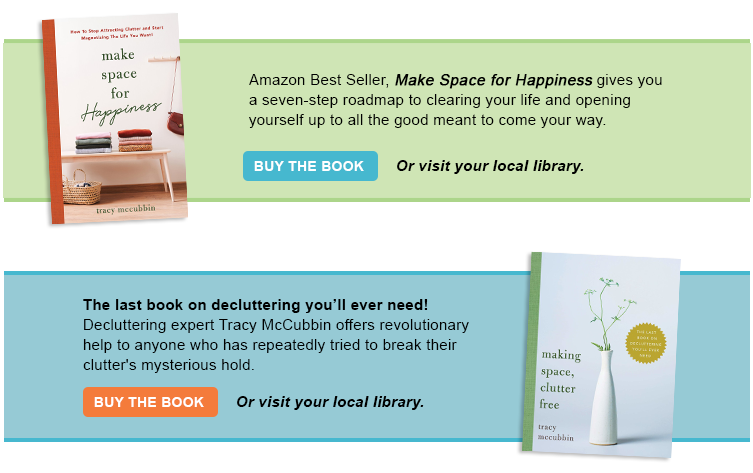As a professional organizer, one of the most frequent questions I get this time of year is about gift-giving—specifically, how to decline gifts without causing awkwardness or tension with the ones you love.
It’s a tricky topic! Maybe you’re skipping gifts altogether this year, or perhaps you’re bracing yourself for another decorative pillow from Aunt Susie, even though your couch can’t handle one more.
Whatever the scenario, the bottom line is the same: you don’t want to accumulate items you won’t use, and you don’t want to wrestle with the guilt of rehoming those items later.
So, how do you handle this delicate conversation with grace? Let’s dive in.
How to be honest with your loved ones
The simplest and most effective approach is to tell the truth. It might feel daunting at first, but honesty has a way of cutting through the tension. Try saying something like:
“We’re not participating in gift exchanges this year. We’ve realized we have enough stuff already, and we’re focused on saving for [insert goal here].”
Or:
“I’m cutting back on giving gifts this year, so I’d really appreciate it if you didn’t get me anything.”
If you’re open to non-physical gifts, you could add:
“Instead of exchanging things, let’s plan an experience we can do together. How about a coffee date, a hike, or even just a phone call to catch up?”
Most people will appreciate your honesty and may even feel relieved to have one less gift to shop for.
What to do when clutter gifts keep showing up
What if you’ve had these conversations, but the gifts keep coming? Maybe your loved ones are hardwired into their traditions, or Aunt Susie just loves showering you with these throw pillows.
This is where kindness meets boundaries:
“I appreciate your thoughtfulness so much, but I don’t have space for more home décor right now. If you’d still like to give something, I’d love [insert a practical or consumable suggestion, like a plant, a favorite snack, or even a donation in your name].”
It’s important to frame the conversation as a collaboration, not a critique. You’re not rejecting the person’s thoughtfulness; you’re guiding it in a way that aligns with your needs.
Remember: Your home is not a museum
Here’s the hard truth: holding onto unwanted gifts out of guilt isn’t fair to you or the giver. Your home isn’t a museum for keeping items that you’re keeping just because someone else gave them to you. If a gift doesn’t serve a purpose or bring you joy, it’s okay to let it go.
Letting go can feel difficult, but think of it this way: that item could bring joy to someone else instead of collecting dust in your closet. You’re honoring the gift by passing it on to someone who will truly appreciate it.
Normalize setting boundaries
The more we normalize honest conversations about gift-giving, the healthier our relationships with “stuff” will become.
As the wise Brené Brown says, “Clear is kind.” Setting boundaries is not only kind to yourself, but it also sets a positive example for others.
By prioritizing your needs and values, you’re creating space—both physically and emotionally—for what really matters. That’s a gift worth giving yourself every day of the year.
So this holiday season, embrace the art of honest conversation. With kindness and a clear vision for your space and priorities, you can navigate gift-giving (or declining!) with confidence—and a clutter-free conscience.




Leave a Reply